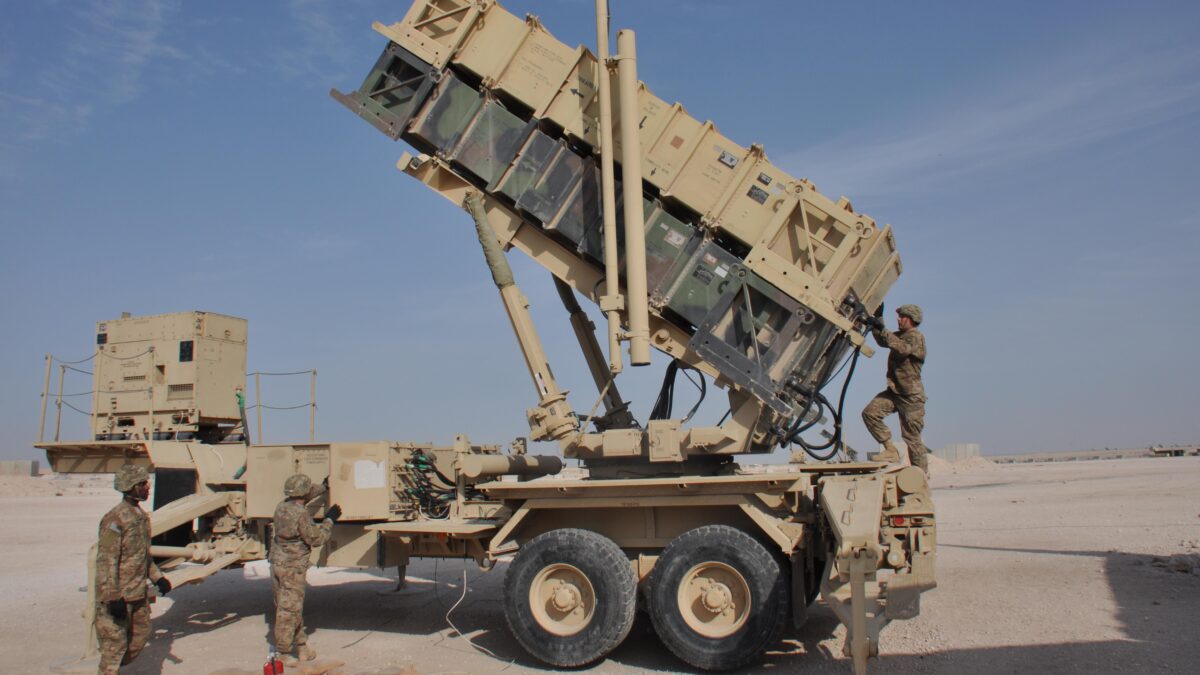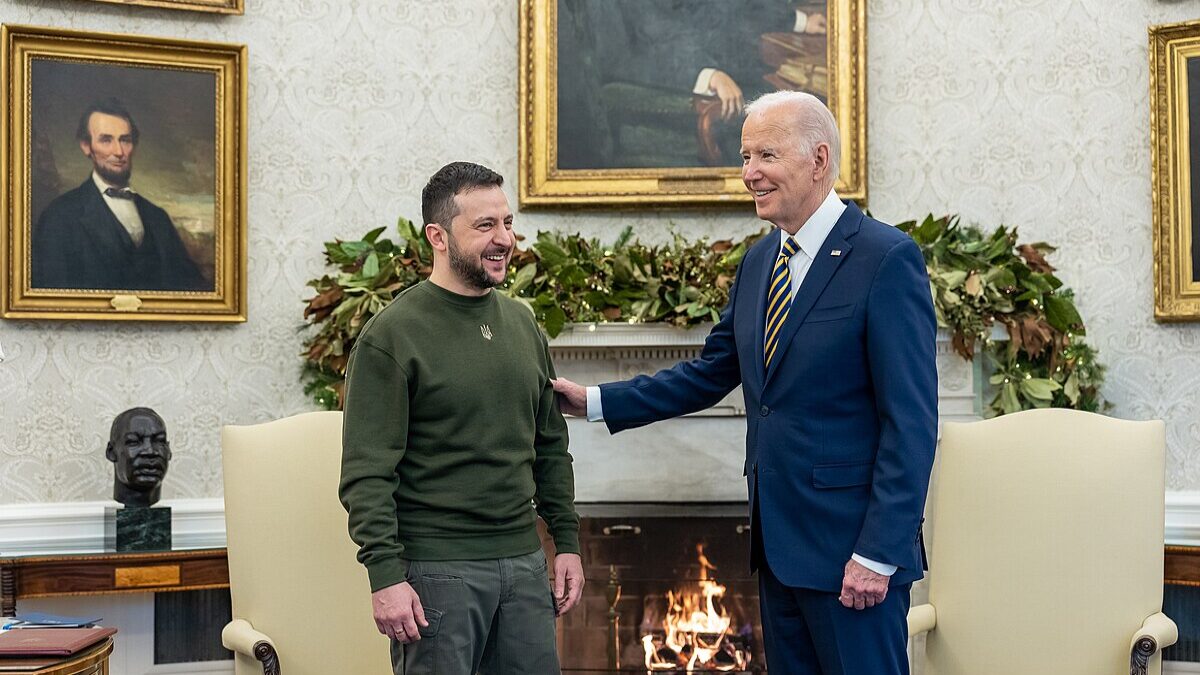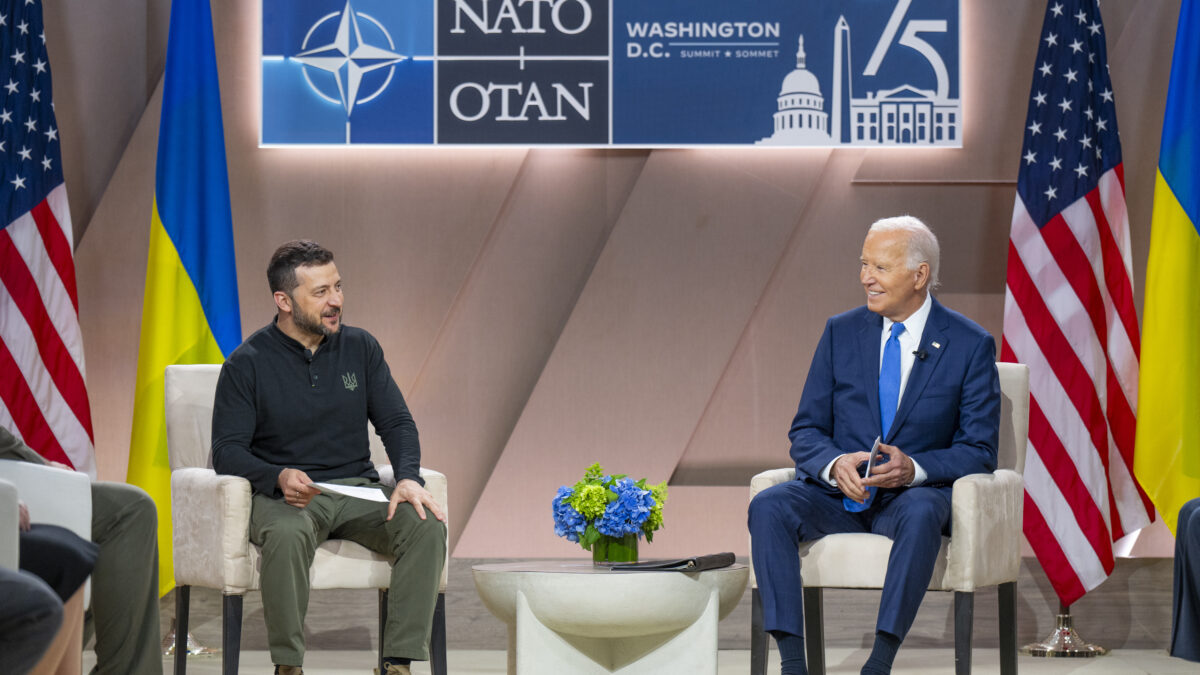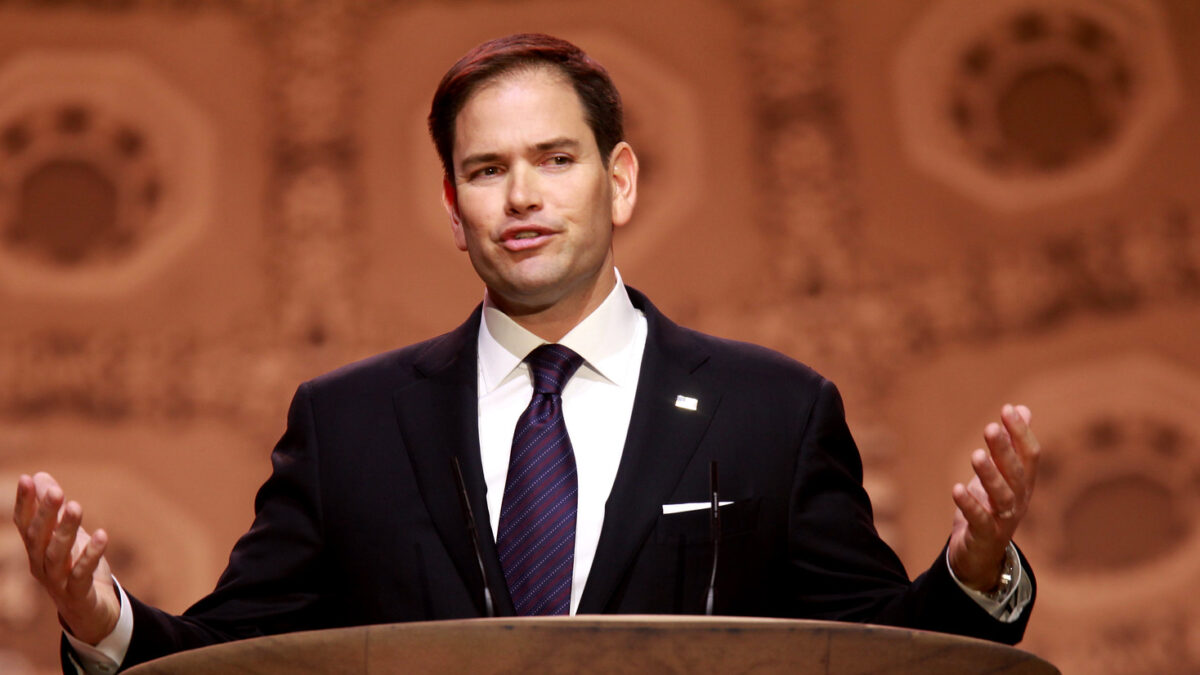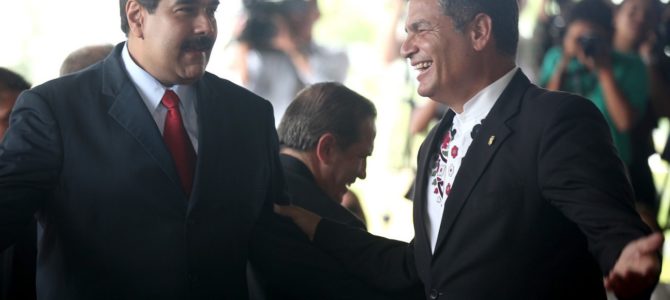
I recently saw a bumper sticker that said capitalists walk their dogs, while socialists eat them. While I am instinctively opposed to bumper sticker economics, sometimes a cigar is just a smoke.
Recently in Venezuela, this sticker came horrifically true, as people reportedly ate animals from the street after hyperinflation turned the once-richest economy of the southern hemisphere into a living hell. So far, 4 million people have left their country in one of the largest migration crises in America’s backyard.
A recent report suggests “87% of Venezuelan households were poor; 9 of 10 Venezuelans could not pay for food; 8.2 million Venezuelans could barely afford 2 or less meals each day — meals with low nutrition and little protein; 6 out of 10 Venezuelans have lost at least 11Kg (24 pounds) of their body weight because of the lack of food.”
Added to that was the idiotic mismanagement of state finances, with the minimum wage rising 3,000 percent and the cost of one single tomato being around a few thousand bolivars. The Venezuelan currency in raw weight is now of less value than the toilet paper it can buy.
John Kerry, America’s worst student of history, said in 2013 that the era of the Monroe Doctrine is over. He also said the era of the 19th-century great power rivalry is over, just immediately before Russia annexed Crimea and intervened in Syria. But that speaks more about liberals’ ideas about rule-based order than the reality of power politics.
The current crisis of Venezuela, however, has brought the Monroe Doctrine to the forefront. The Monroe doctrine derives its name from President James Monroe, who declared, with British support, that no great power will ever be allowed to interfere in America’s backyard and that the Western hemisphere is a privileged sphere of U.S. influence. Over the years, the Monroe Doctrine has kept Latin America relatively free from great power rivalry, and the last time it was formally invoked was during the Cuban missile crisis.
So, as another nationalized, socialist economy collapses, the question, ironically in Vladimir Lenin’s words, is What is to be done? So far, the reactions from all sides have been predictable. From the left, Rep. Ilhan Omar of Minnesota, a member of the powerful Foreign Affairs Committee, tweeted, “A US backed coup in Venezuela is not a solution to the dire issues they face. Trump’s efforts to install a far-right opposition will only incite violence and further destabilize the region. We must support Mexico, Uruguay & the Vatican’s efforts to facilitate a peaceful dialogue.”
Even by her standard, this was one of the dumbest takes possible, not to mention unthinkable during Cold War days, or even in the 1990s. Perhaps in a twist of irony, those same Democrats who for the last two years crowed about Russia collusion now stand alongside Russia and China to support the repressive Venezuelan regime against the West. There have been no detailed statements from any Democratic presidential hopefuls, other than Tulsi Gabbard, who called for non-intervention.
From a section of the right, there have been calls for intervention. In a powerful article, Matthew Continetti wrote, “at the end of last year, Russia deployed two Blackjack bombers to Venezuela. The bombers withdrew after the United States protested. But not before they had sent a message. A message the United States should reject. Why not announce instead that the presence of Spetznaz constitutes a red line? It’s one thing to cede Syria to Russia. It’s quite another to sit still while little green men hunker down in the Western Hemisphere.”
A Smarter, Cost-effective Realist Strategy
I have reservations about both the options, and here’s why. The choices in Venezuela shouldn’t be between inaction and intervention.
There’s a strain of juvenile optimism in the proponents of inaction. Venezuela isn’t Syria, where the West doesn’t have any narrow geostrategic interest. It is situated right in the backyard of the United States, between allies like Brazil and Colombia. It has oil reserves that would be assets in the hand of any rival great power. Most importantly, it is in the gun sights of China, arguably the biggest peer rival the United States ever faced, if measured in military capabilities, demographics, and gross domestic product.
As I wrote last year, China has been planning a strategic foothold in Latin America for quite a while, and Venezuela provides the ultimate ground. Venezuelan dictator Nicolas Maduro, facing a credit crunch and fearing an imminent American intervention last year, headed to China with a simple deal in mind: unlimited oil for security.
While Beijing has been reticent about direct security assistance—the Chinese still lack long-distance expedition experience—it has sided with Russia in providing diplomatic support for the embattled Maduro regime. Russia reportedly flooded Venezuela with mercenaries like it initially did in Syria.
On the other hand, an actual full intervention in Latin America might prove counterproductive. Venezuelan armed forces and the ruling elite are strongly siding with Maduro, and there are no signs of mass military defections yet, suggesting a Iraq-like situation where any intervention would lead to a costly occupation and war of attrition and urban domination. That is unlikely to be popular with the Americans already tired of spending money to make other people’s lives better. Any intervention follows the “rule of glass”: whoever breaks it needs to own and fix it.
A smarter, cost-effective, realist strategy would be buck-passing. Venezuela is a greater threat to the stability of Colombia and Brazil, two conservative governments allied with the United States, both with a stable economy and strong militaries. The United States should encourage them to balance Venezuela and depend on them to provide the ground troops, if ever there is an intervention, and provide its diplomatic muscle.
Further, the idea that socialism and nationalization are a curse should be on the forefront in any information wars to come. When Western politicians from Rep. Alexandria Ocasio-Cortez and senators Elizabeth Warren and Bernie Sanders to British Labour leader Jeremy Corbyn are singing praises for nationalization, they should have to face the photos of Venezuela and interviews with teachers who have turned to prostitution to feed their children. Stories of socialist depravation should be a winner for conservatives in any upcoming elections to come.
Strategically, President Trump’s administration successfully used the Kurds as the primary infantry fighting force against ISIS, providing funding and air support. The same logic should apply for any deterioration of the situation in Latin America. Let South American powers do the military intervention, carrying the security burden instead of costly American occupation, which will inevitably result in a civil war. Conservatives need to go back to their realpolitik roots.


